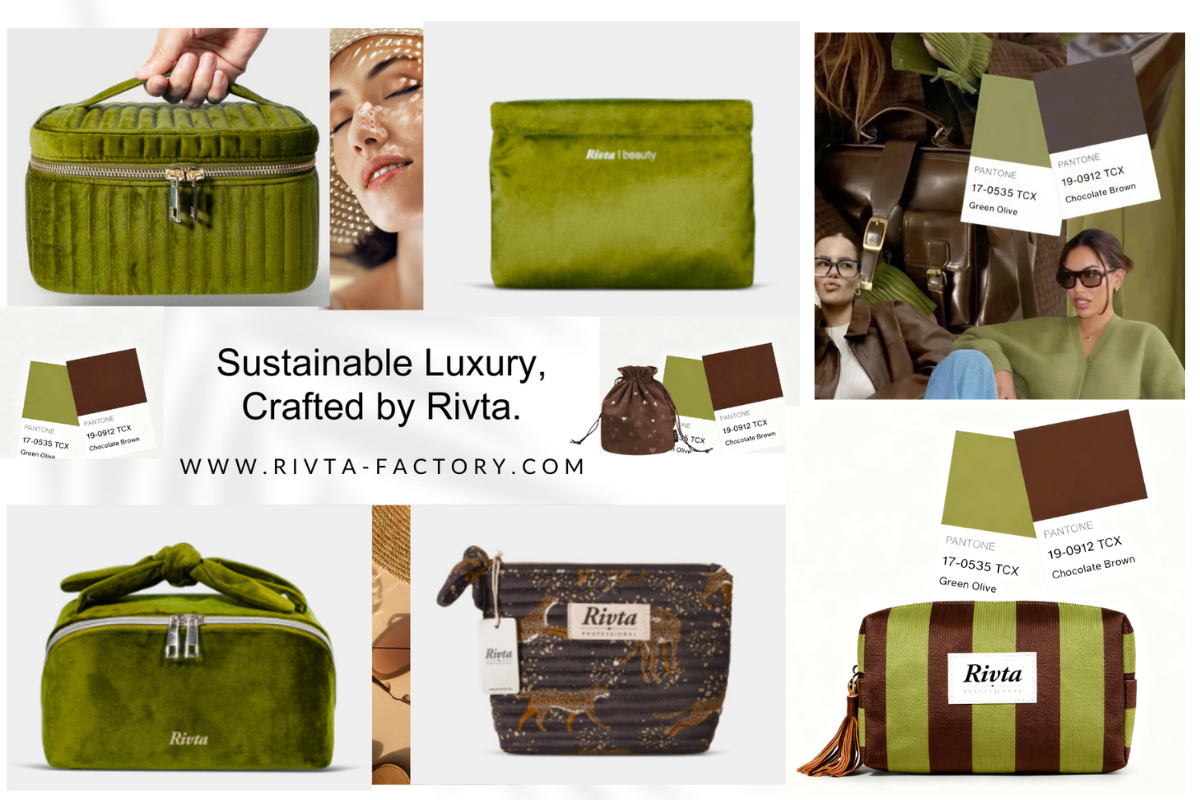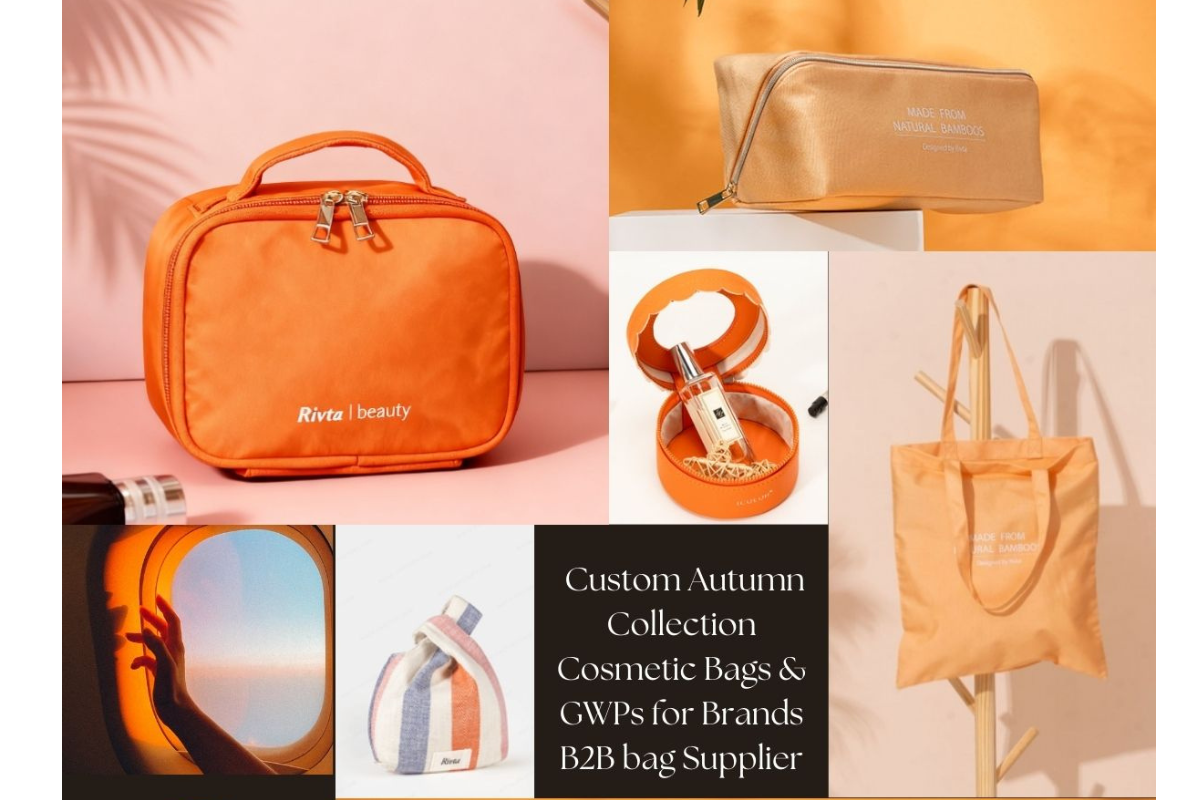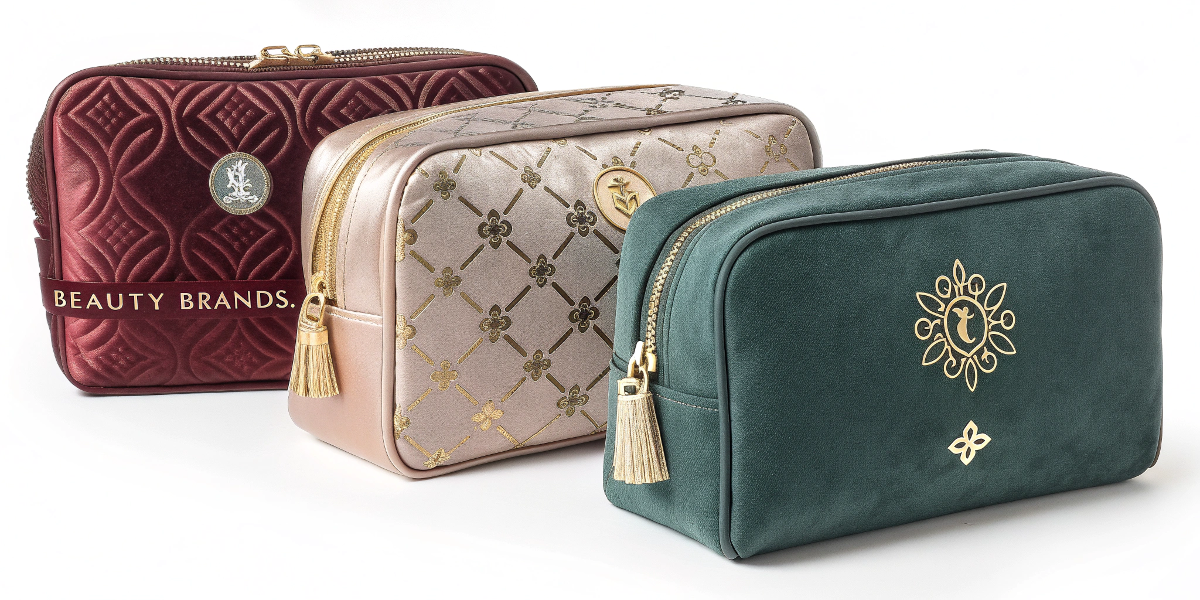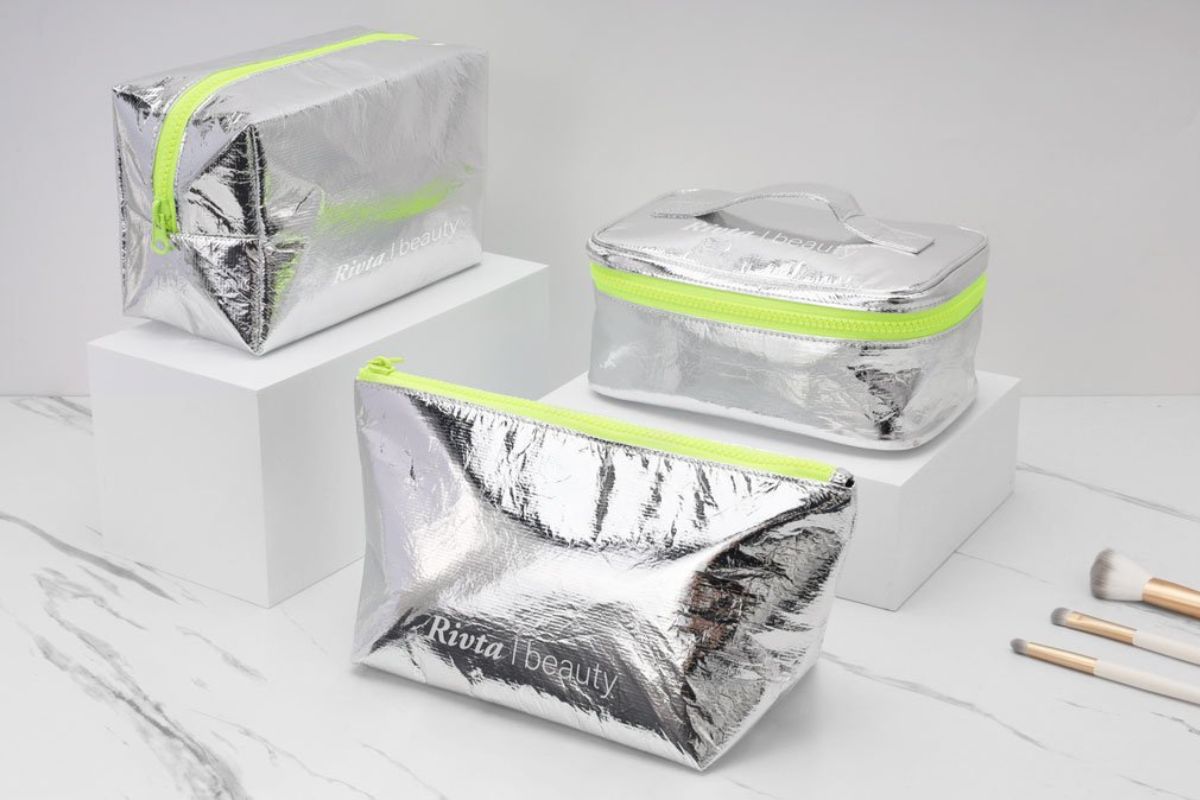Exhibitions & Fairs
Why Recycled Nylon Is the Future of Sustainable Travel Bags
As the global focus on sustainability intensifies, businesses in the beauty and lifestyle sectors are seeking materials that align with both consumer values and regulatory demands. Recycled nylon has emerged as a leading choice for sustainable travel bags, offering a unique combination of durability, eco-friendliness, and design flexibility. For senior buyers and product development managers at premium brands, selecting the right materials and suppliers is critical to delivering high-quality, environmentally responsible products. As a medium-scale manufacturer in Dongguan, China, with over 30 years of experience, Rivta is at the forefront of this shift, crafting custom-made, eco-friendly cosmetic bags for global brands. This blog explores why recycled nylon is the future of sustainable travel bags, diving into regulatory trends, material innovations, customization capabilities, and how Rivta supports brands in meeting market demands.
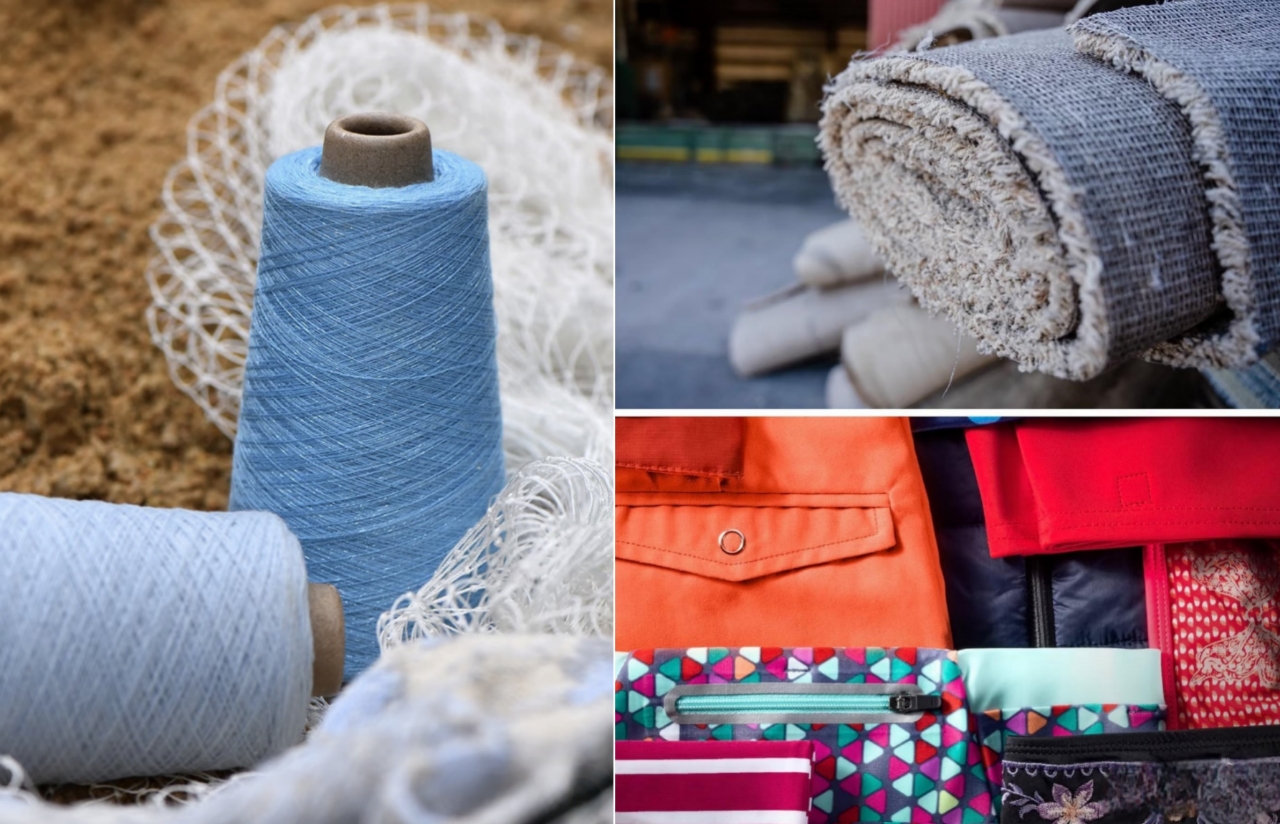
The Rise of Sustainability in the Travel Bag MarketSustainability is reshaping the way brands approach product development.
Consumers in key markets like the UK, US, and Japan are increasingly drawn to products that reflect their environmental values, driving demand for eco-friendly travel bags. According to a 2025 market report, the sustainable bag market is expected to grow from USD 27.28 billion to USD 75.9 billion by 2034, with a CAGR of 12.00%. Recycled nylon, made from post-consumer waste like fishing nets and industrial scraps, is a cornerstone of this growth due to its reduced environmental impact and performance advantages.
For buyers at premium beauty and lifestyle brands, the challenge is to source products that balance aesthetics, functionality, and sustainability. Recycled nylon meets these needs, offering lightweight, durable, and water-resistant travel bags that align with eco-conscious branding. At Rivta, we leverage our expertise to deliver customized solutions that help brands stand out in this competitive market.
Regulatory Trends Pushing for Eco-Friendly Materials
Global regulations are accelerating the adoption of sustainable materials. In the European Union, the Single-Use Plastics Directive (2019/904) mandates that 65% of packaging waste be recycled by 2025. The UK’s Plastic Packaging Tax, updated in 2025, imposes costs on plastic packaging with less than 30% recycled content. In the US, states like California require reusable bags to meet durability and recycled content standards, while Japan’s Circular Economy Vision promotes recycled materials in consumer goods.
These regulations create a clear incentive for brands to adopt materials like recycled nylon, which helps meet recycled content requirements and avoid penalties. Rivta’s certifications—BSCI, SEDEX, and ISO9001—ensure that our production processes comply with global ethical and environmental standards, giving buyers confidence in our supply chain.
Table 1: Key Regulations Impacting Sustainable Travel Bags
| Region | Regulation | Key Requirement | Impact on Brands |
|---|---|---|---|
| EU | Single-Use Plastics Directive | 65% recycling of packaging waste by 2025 | Encourages recycled nylon adoption |
| UK | Plastic Packaging Tax | 30% minimum recycled content | Reduces costs with recycled nylon |
| US (California) | SB 270 | Durability standards for reusable bags | Promotes durable, eco-friendly materials |
| Japan | Circular Economy Vision | Promotes recycled material use | Drives demand for sustainable travel bags |
Material Innovations: The Power of Recycled Nylon
Recycled nylon stands out for its environmental and performance benefits. Sourced from waste like ocean-bound fishing nets, it reduces landfill and ocean pollution while requiring less energy and water than virgin nylon. A recent innovation in bio-based nylon, derived from plant sugars, achieves up to 60% lower CO₂ emissions, but recycled nylon remains the preferred choice due to its scalability and proven reliability.
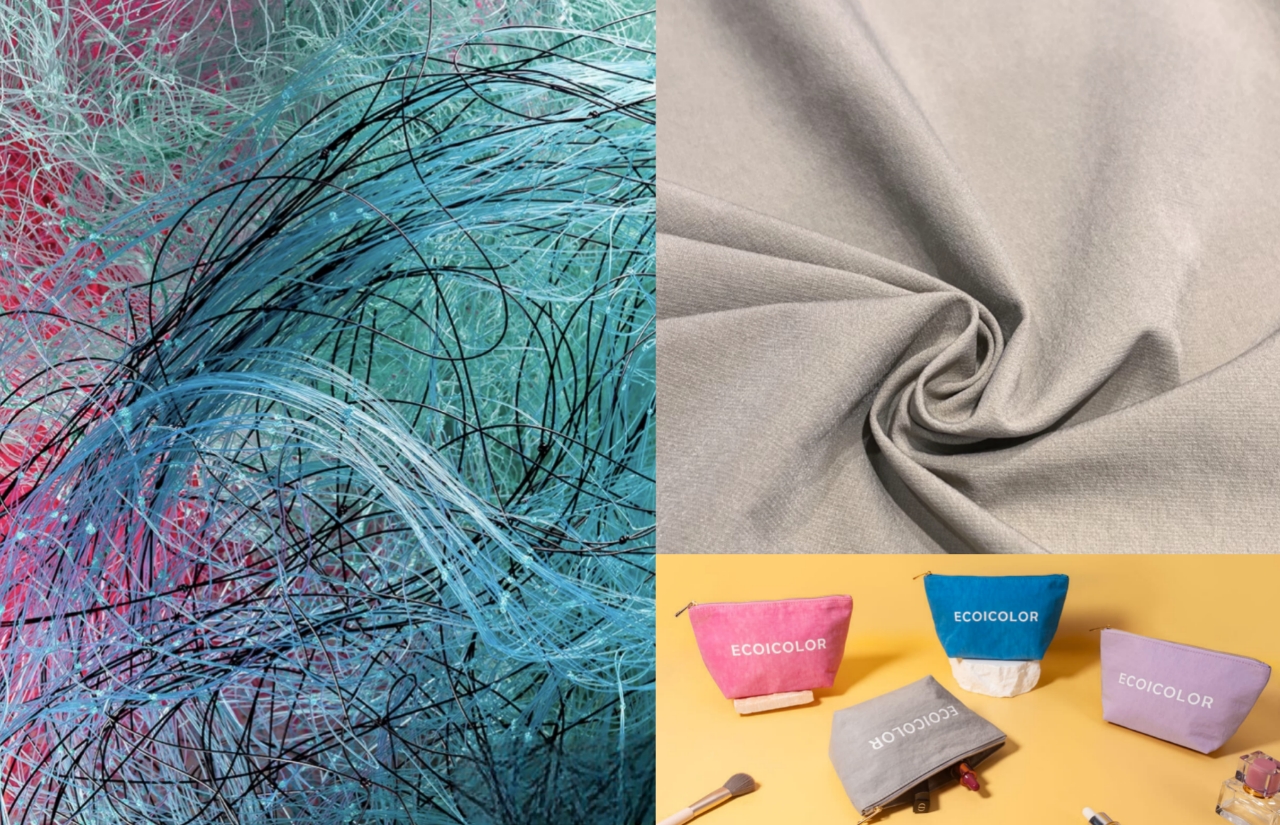
Why Recycled Nylon Excels
- Durability: Recycled nylon matches virgin nylon’s strength, with double-stitched bags offering 20% greater durability.
- Water Resistance: Ideal for travel bags, it protects contents from moisture.
- Lightweight: Enhances portability without sacrificing strength.
- Aesthetic Flexibility: Supports vibrant dyes and textures for premium designs.
- Eco-Friendliness: Reduces emissions by up to 50% compared to virgin nylon.
At Rivta, we innovate by blending recycled nylon with materials like recycled PET to create unique textures, ensuring both sustainability and a high-end feel that resonates with premium brands.
Table 2: Recycled Nylon vs. Other Materials
| Material | Durability | Water Resistance | Weight | Aesthetic Flexibility | Environmental Impact |
|---|---|---|---|---|---|
| Recycled Nylon | High | Excellent | Light | High | Low (50% less emissions) |
| Organic Cotton | Moderate | Poor | Medium | Moderate | Low (renewable) |
| Recycled PET | High | Good | Light | High | Low (reduces waste) |
| Jute | Moderate | Poor | Heavy | Low | Low (biodegradable) |
Customization: Tailoring Travel Bags to Brand Needs
Customization is key for premium brands aiming to differentiate in the market. Recycled nylon’s versatility makes it ideal for creating tailored travel bags that reflect brand identity and meet consumer needs.
Customization Options
- Branding: Recycled nylon supports high-quality printing and embossing for logos and patterns.
- Functionality: Features like insulated linings, antimicrobial coatings, and unique compartments enhance usability.
- Design Flexibility: Available in various sizes and shapes, with MOQs as low as 1,000 pieces.
- Eco-Enhancements: Use of water-based inks and recycled hardware reinforces sustainability.
Rivta’s design team collaborates closely with buyers to create products that align with market-specific aesthetics, such as minimalist designs for the UK or intricate patterns for Japan, ensuring both style and functionality.Industry Adaptation: Perfect Fit for Beauty and Lifestyle BrandsRecycled nylon travel bags are ideally suited for beauty and lifestyle brands due to their alignment with industry trends and consumer preferences. These bags support eco-conscious branding, offer travel-friendly durability, and cater to the growing “eco-chic” trend. They also meet regulatory requirements, ensuring compliance and marketability.
Table 3: Benefits for Beauty and Lifestyle Brands
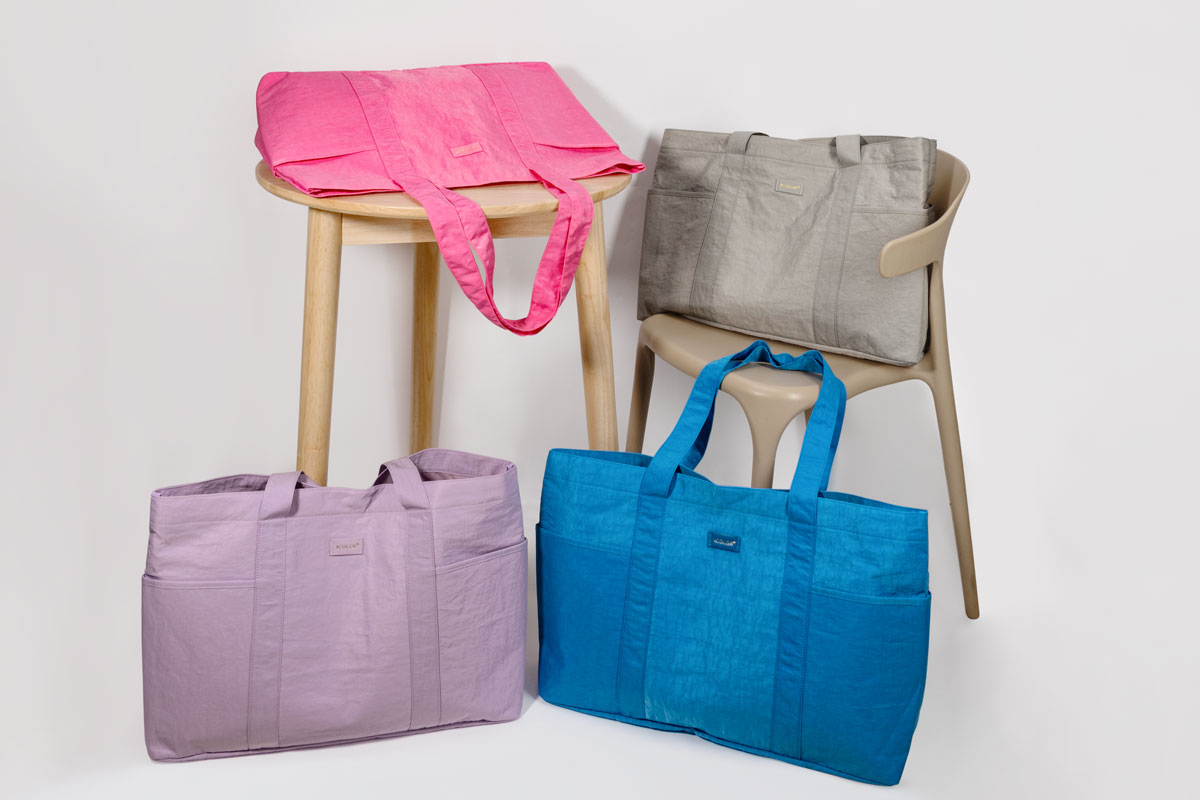
| Feature | Benefit for Brands | Example Application |
|---|---|---|
| Sustainability | Aligns with eco-conscious consumer values | Enhances brand reputation |
| Durability | Long-lasting products build customer trust | Ideal for frequent travelers |
| Customization | Reflects brand identity and market trends | Unique designs for seasonal campaigns |
| Regulatory Compliance | Meets global environmental standards | Avoids penalties like UK’s Plastic Tax |
Rivta’s Support for Global Brands
Since the 1990s, Rivta is mainly in crafting mid-to-high-end eco-friendly cosmetic bags for global brands. Our medium-scale operations in Dongguan enable us to offer personalized service and high-quality production. With certifications like BSCI, SEDEX, and ISO9001, we ensure ethical and sustainable practices. Our R&D team develops innovative recycled nylon solutions, and our low MOQs and customization capabilities make us a trusted partner for brands seeking to lead in sustainability.
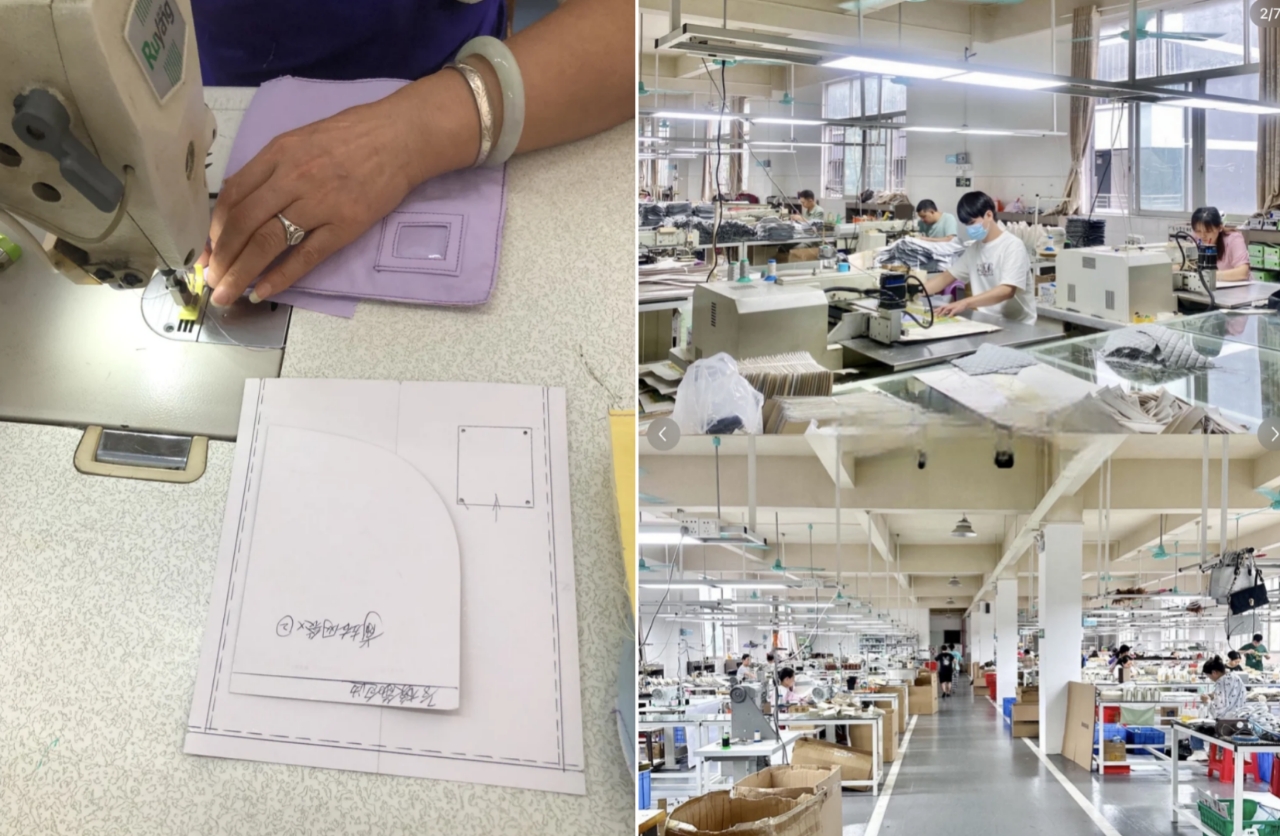
Conclusion
Recycled nylon is the future of sustainable travel bags, offering a powerful combination of durability, eco-friendliness, and design versatility. Supported by global regulations, material innovations, and customization options, it meets the needs of premium beauty and lifestyle brands. Rivta’s expertise and commitment to sustainability position us as the ideal partner to help brands navigate this evolving landscape, delivering travel bags that are both environmentally responsible and market-leading.
